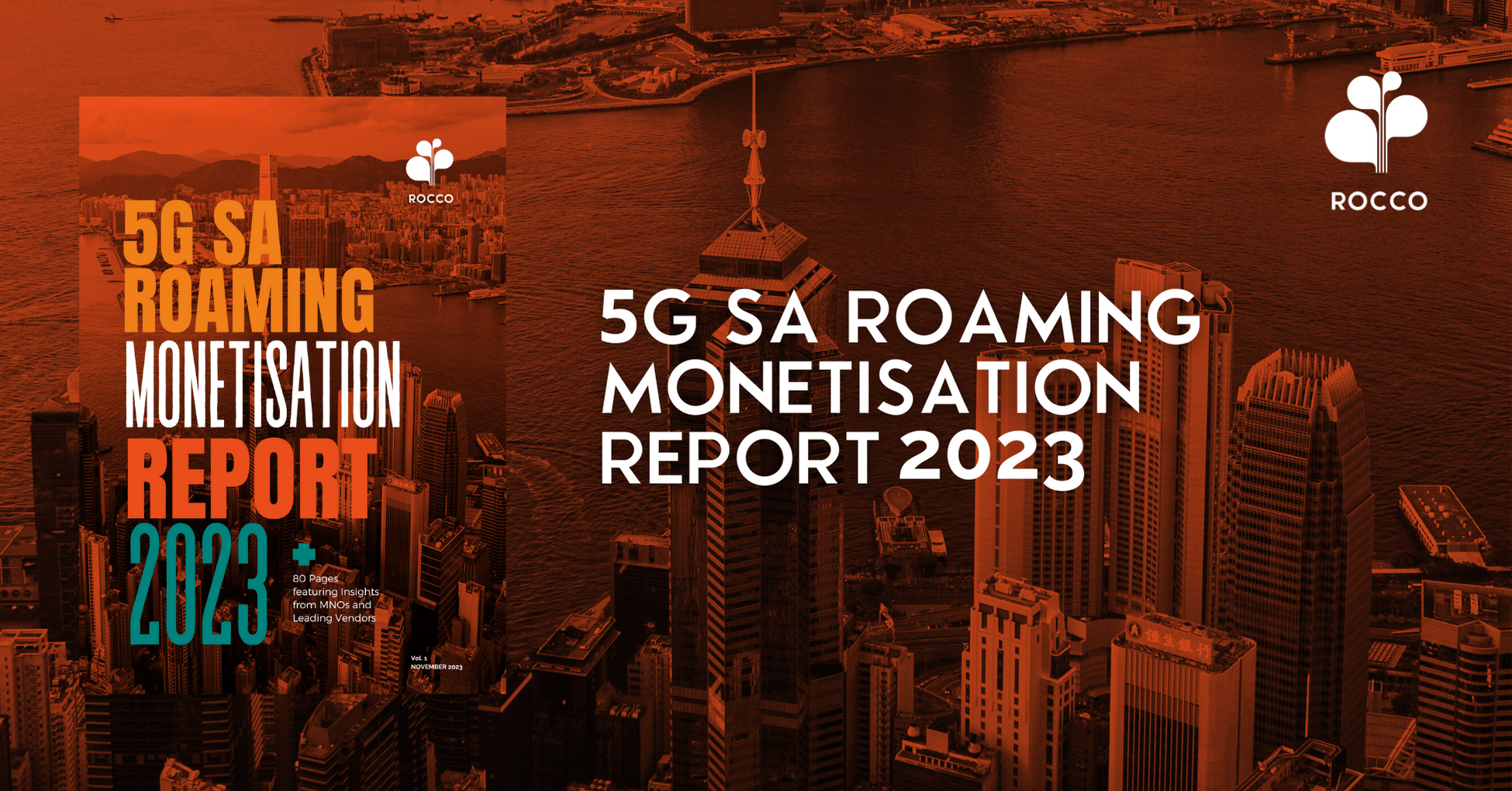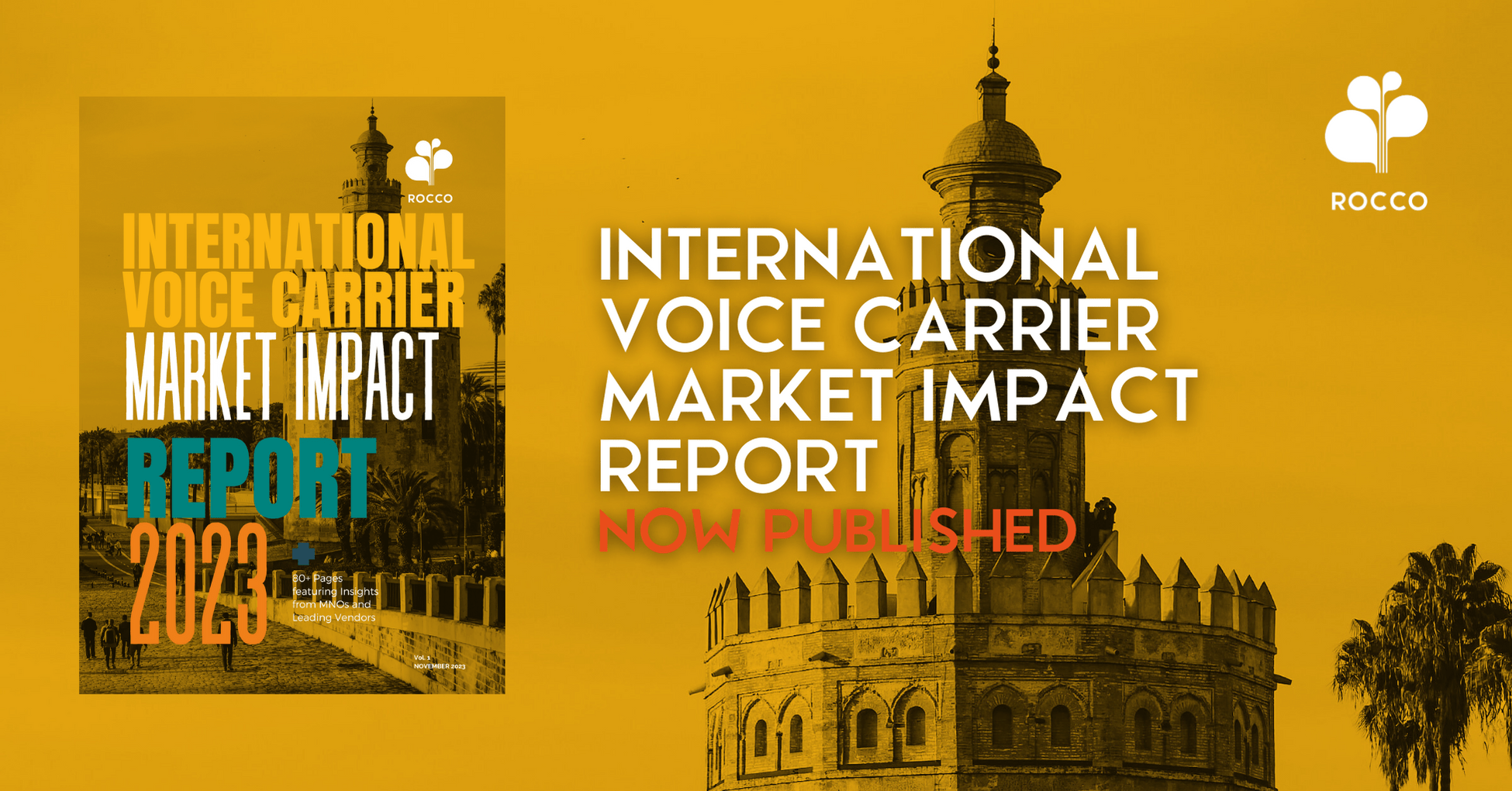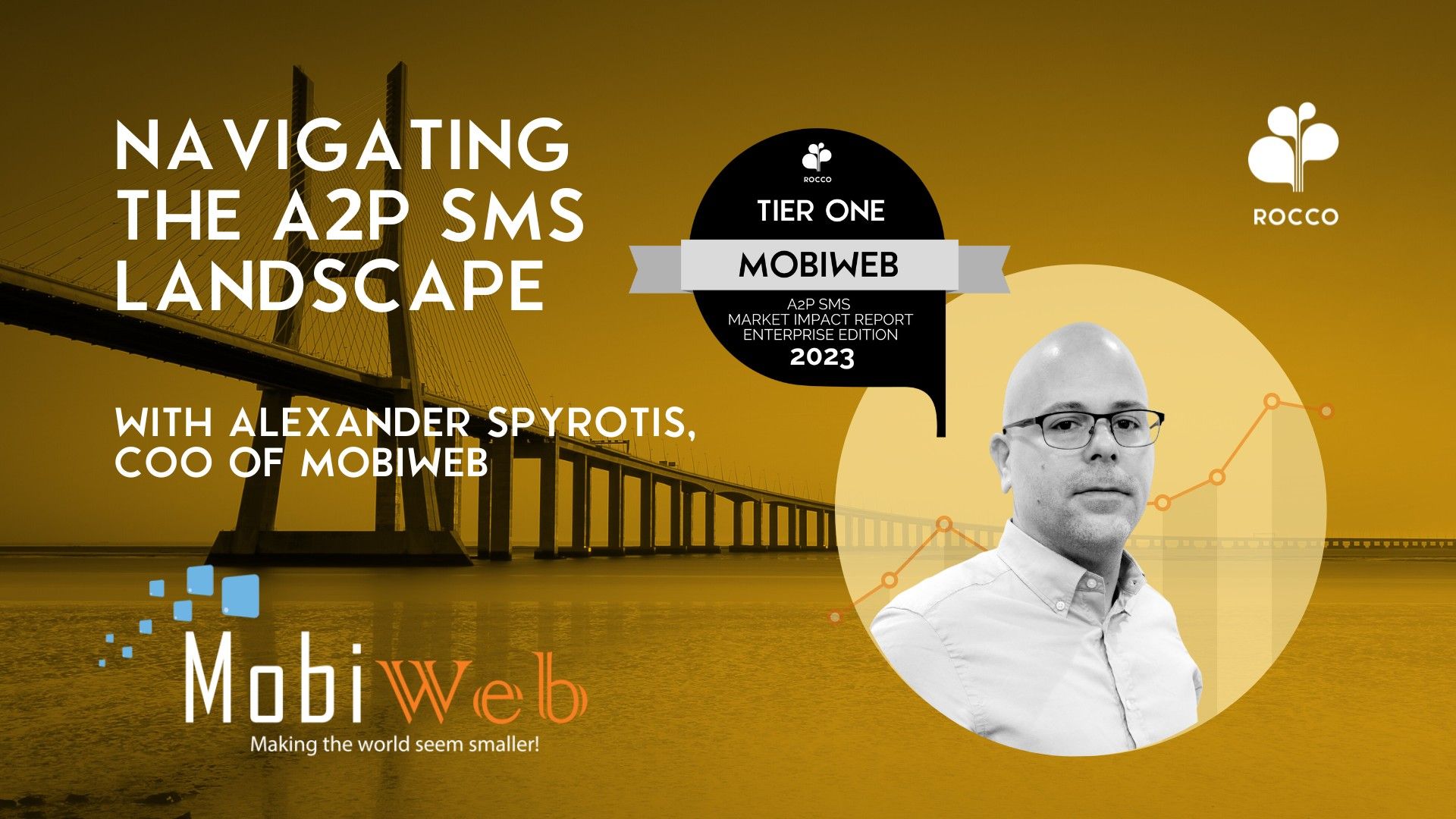 SK Telecom, Deutsche Telekom, and Ericsson have demonstrated an intercontinental 5G trial network that will allow roaming services for the upcoming next-generation network.
SK Telecom, Deutsche Telekom, and Ericsson have demonstrated an intercontinental 5G trial network that will allow roaming services for the upcoming next-generation network.
The South Korean telco and its German counterpart’s network slices are now available in each other’s footprint, the companies said.
The successful demonstration was hosted at Deutsche Telekom’s R&D center in Bonn, Germany and SK Telecom’s at Yeongjongdo, where it also tested 5G connected car tech with BMW.
The trial had components of the 5G core of the home network run in the visited network. During a test demo, an industrial repairman communicated with his colleague on the other side using augmented reality, showing 5G’s capability for the future, SK Telecom said.
“5G is not just a faster network. 5G will provide extreme user experience anywhere and anytime, even when the user roams across different operators globally,”
said Alex Jinsung Choi, CTO of SK Telecom, in a statement.
“Federated network slicing will enable seamless platform sharing amongst operators at a global scale for continuous and guaranteed user experience.”
Network slicing in 5G will allow operators to configure an end-to-end network that provides the desired overall functionality and service parameters.
Federated network slicing for 5G roaming extends this concept to a visited network, SK Telecom said, and will allow operators such as itself to provide a network service globally, without customers having to apply to its global partners individually.
Operators will need to open up their network to host partners, the telco said, proposing agreements between telcos to enable recreation of a given network to other networks.
Network slices in the context of 5G will be like “virtual networks on-demand” said Ulf Ewaldsson, SVP and chief strategy and technology officer at Ericsson, in a statement.
SK Telecom is partnered with US carrier Verizon to co-develop 5G specs.
Source: ZDNet









